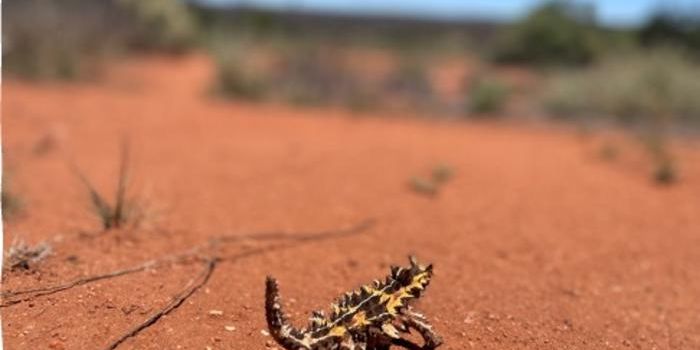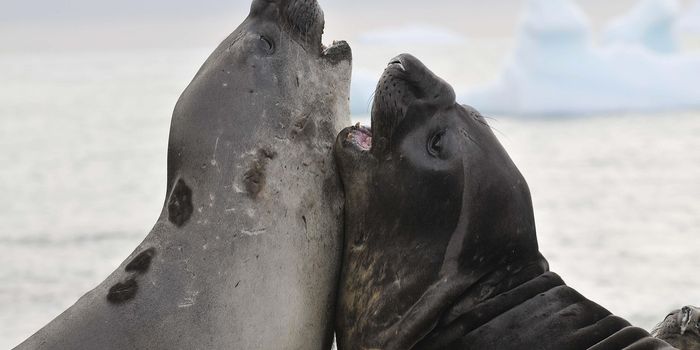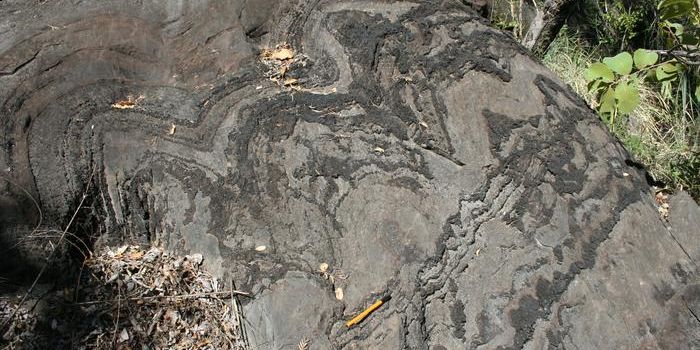Shelled Marine Creatures Face Worrisome Future Amid Acidifying Oceans
Many shelled animals, including the humble sea snail, call the ocean their home. But as increased carbon dioxide levels make ocean water more acidic, these creatures will soon find that their home isn’t as habitable as it once was.
Shelled marine animals rely on their shell for protection from predators; but an acidifying ocean impacts the integrity of their shells, making them less effective at shielding the creature in question.
Image Credit: Ben Harvey/University of Tsukuba
Curious researchers from the University of Plymouth wanted to know what impact higher oceanic carbon dioxide levels would have on the seashells used by various marine animals, and so they conducted a multi-region analysis to find out. Their findings have been published this week in the journal Frontiers in Marine Science.
The study involved collecting shells from regions where oceanic CO2 levels were consistent with the norm and then collecting additional shells from areas where oceanic CO2 levels were higher and considered consistent with future predicted levels. The researchers then compared shells from both environments, and the results were alarming.
The shells collected from regions with higher CO2 levels were, on average, about one-third smaller than those gathered from areas with normal CO2 levels. Furthermore, computed tomography (CT) scanning revealed that they were thinner, chintzier, and smoother than those collected from the latter.
"Ocean acidification is a clear threat to marine life, acting as a stressor for many marine animals," explained study lead author Dr. Ben Harvey. "Here we found that the ability of the triton shells to produce and maintain their shells was hindered by ocean acidification, with the corrosive seawater making them smoother, thinner, and less dense."
Related: A critical biological process is being altered by ocean acidification
In some of the most notable examples, shells were dissolved enough that body tissue from the creature inside would have been exposed to the elements; this, along with the rest of the findings, paints an eerie picture for the future of shelled marine animals.
"The extensive dissolution of their shells has profound consequences for calcified animals into the future as it is not something they can biologically control, suggesting that some calcified species might be unable to adapt to the acidified seawater if carbon dioxide emissions continue to rise unchecked," Dr. Harvey added.
Related: Infographic: Ocean Acidification
If there’s one thing we can learn from this study, it’s that an acidifying ocean is no good for the wildlife that inhabits it; this is a problem that will negatively impact ecosystems and fisheries in the future as oceanic carbon dioxide levels continue increasing over time.
Future studies could validate the findings by investigating other parts of the world to see if conditions are similar. Meanwhile, it’s up to humankind to do something about all the excess carbon we’re dumping into the environment.









